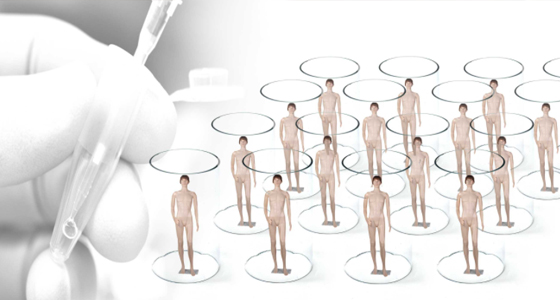Genetics makes it possible for a being to have certain physical, behavioral, physiological, and even chemical characteristics of its progenitors.
Society is determined to modify the environment to their genes, and natural selection insists on adapting their genes to the environment. Currently, more than 2000 diseases have a genetic cause.1
Human research, as well as cloning, are controversial tools that can affect two opposite points of view:
- The need to find solutions to multiple genetic, transplantation, and even reproductive problems, thanks to cloning and gene manipulation.
- The ethical point and possible complications of not-reliable methods, especially for those with reproductive problems who wish to be parents through cloning.
Some authors consider cloning an unethical option when it comes to reproductive problems. Likewise, people who have exhausted all sources should have the chance to be parents through cloning. 2
The moral concern with reproductive cloning is the false perception of a psychological structure. As the author says: ”By actually choosing to have a child with certain genes, the parents of a g‐person can exercise an influence on the development of the basic psychological makeup of their child. Does this mean that their child is less responsible for his or her actions than are other people? No one is fully responsible for his or her psychological makeup.” 2
In short, cloning and genetic research do bring many benefits; organ transplants, saving extinct animals, modifying the genetics behind hereditary diseases, and even plants replication.
Genetic technology should be allowed as long as it provides an improvement to civilization, but at what cost?




